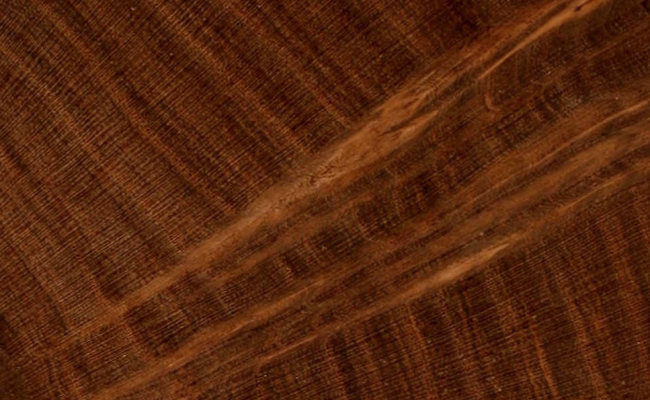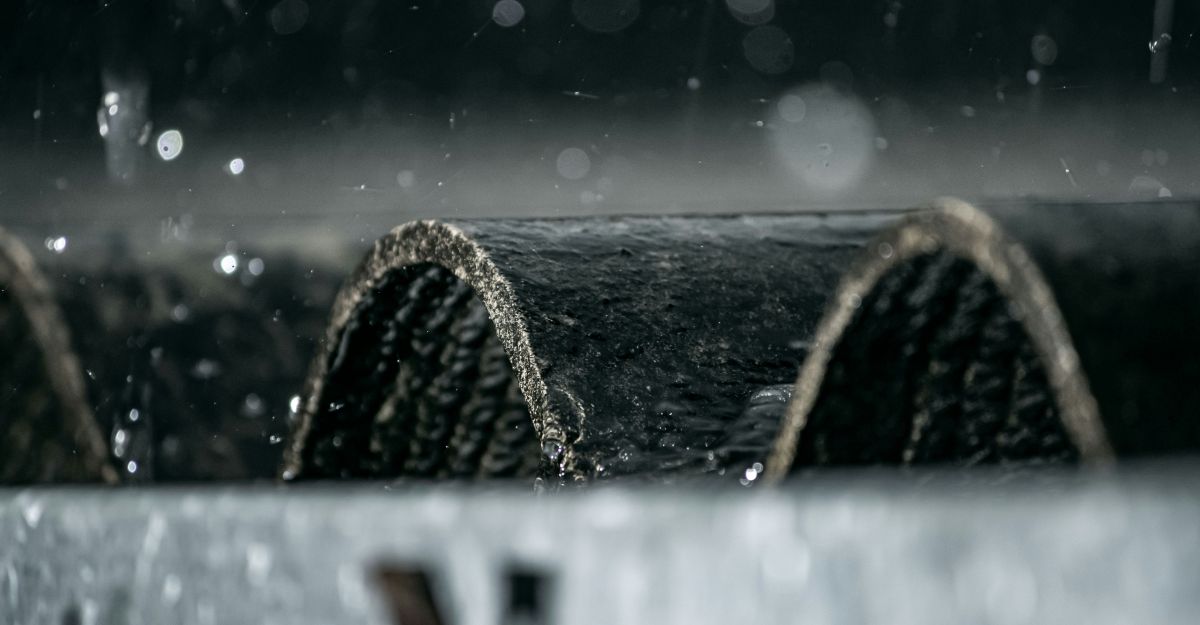Nora opens the door to the smokehouse, stands with her face pressed in the gap between door edge and frame, head almost inside. She leans her left hip and breast against the outer timber of the building, catching the fibres of her t-shirt on the unfinished wood. She twists and rests all of her weight on her right foot. With the tip of her left foot she makes small circles in the gravel, absently marking her presence. If she turned a little more she could sidle through without opening the door any wider.
Three rows of timber sit across the beams of the smokehouse and from them hang loops of twine and hooks with knobs of meat attached. She can’t be sure what animal it comes from. That’s the thing about meat, once it’s butchered, after Ollie has slipped it from its skin, it all looks much the same.
On the thick slab of a bench that runs the length of the hut, whole salmon crusted with salt, herbs laid on top. Five in a row, ready to be flayed. Tight speckled skins. Nora observes them, first to last, then as one – a small school or a conga line. What would it have been like, she wonders, if Ollie had only brought possum? What if she had never felt the sweet press of his salmon on her tongue?
She cannot help it, she thinks of Tom. Up in the house that will never be finished. The end room, unlined still, tools strewn across the concrete floor. If he’d packed them into the tool-box at the end of each day, at the end of the week even. Might that have been enough?
Nora looks at the salmon again, stranded, unable to swim away, and she turns her thoughts away from Tom.
Ollie will be back soon and he will fire up the stove, feed it with apple wood and let the smoke billow in folds until there is no clear air left. Then he will latch the door from the outside. After, he might carry his chainsaw up to the top of the property. Then Nora will skirt the edges of the vegetable patch, follow the sound of the saw, find him covered in the smell of freshly hewn timber, sap stuck to the hairs on his legs. Or, if he has enough wood cut already, she might find him in the house, leaning back in his favourite chair, his bare flesh against the sewn together animal skins that are attached like a cradle to a simple timber frame. If he is reading a novel he will be turned on his side leaning toward the fireplace. If he is sitting back, waiting for her, he will be looking at the door as she enters. He will beckon her with a slight movement of his head. By the time they are done they will both smell of woodsmoke.
To read the rest of Overland #221. To subscribe.



